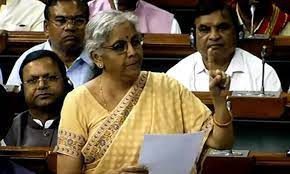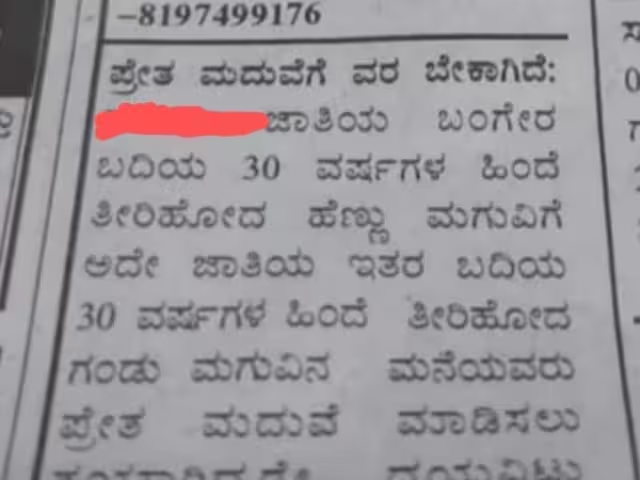India’s once-fragile economy is currently among those with the strongest growth rates: Indra Nirmala Sitharaman
Nirmala Sitharaman, the minister of finance, said on Thursday that after being labeled a “fragile economy” in 2013, India is now one of the nations with the highest economic growth rates, with real GDP predicted to rise by 7.2% in 2022–2023 and 6.5% in the current fiscal year.
The finance minister said that India’s growth stands in sharp contrast to the slowdown being seen in the global economy while taking part in the debate on the motion of no-confidence in the Lok Sabha.
Sitharaman said that despite the Covid epidemic, the Indian economy has grown significantly over the last nine years, partly as a result of the government’s measures.
According to her, India is in the unusual position of harboring confidence and enthusiasm about its future progress.
The finance minister made fun of the previous UPA administrations, saying, “We only heard of slogans like ‘Garibi Hatao’ but never saw it happen for six decades. No post-dated checks are issued by us. It used to be “milega,” “banega,” and “hoga.” All of this has now altered to prohibit “gaya,” “mil gaya,” and “ho gaya.”
Sitharaman’s remarks were echoed by every treasury bench.
She said that the UPA squandered a generation as a result of corruption. “High growth and low inflation have been experienced during the NDA. Sitharaman said, “We believe in empowering everyone and appeasing no one.
The opposition group INDIA was also singled out by the finance minister, who referred to it as a strange alliance.
Congress and AAP are at odds in Punjab. Congress, the Left, and the TMC are battling in Bengal. Left and Congress are at odds in Kerala. The National Conference and PDP are at odds in J&K, among other things,” she stated.
Direct benefit transfer (DBT), according to Sitharaman, is a model for the whole world community.
She admitted that the UPA had implemented DBT, but she emphasized that only Rs 7,367 crore had been transmitted in 2013–14.
DBT transfers, however, have increased five-fold.
She said that several countries were now imitating India’s UPI, which was becoming a worldwide success story.
Banks were now operating professionally, and NPAs were far lower than they had been ten years before.
She joked, “Aapka phailaya rayta hum saaf kar rahe hain,” to laughs from the Treasury benches.
While briefing the House about the AIIMS in Madurai, which she claimed would have 900 beds, 150 more than other similar facilities, she even got into a verbal spat with DMK MPs.
A verbal battle broke out between Sitharaman and the DMK MPs as Kanimozhi and Dayanidhi Maran demanded to know the location of the amenities and that the minister was misrepresenting the House.
She was heard declaring that Tamil Nadu wouldn’t be burdened by the new AIIMS, but the DMK MPs began yelling “Yeppo! Yeppo!” (Where! Where!) in response. The BJP MPs began yelling “Modi! Modi!” in response.
The finance minister retaliated when TMC member Sougata Ray claimed to be from the Rajya Sabha by claiming that Manmohan Singh, the prime minister of the UPA, was also a product of the Upper House.
At this point, the opposing lawmakers left the House.
Om Birla pleaded with members of the opposition and the Treasury benches to refrain from using slogans.
The finance minister discussed ways to combat inflation and specifically included regulating the cost of tomatoes and pulses.
According to her, efforts are being made to get tomatoes from states that grow them, like Maharashtra, Andhra Pradesh, and Karnataka, and then distribute them through cooperative organizations like NCCF and NAFED.
Since July 14, this campaign has already started in places like Bihar, West Bengal, Uttar Pradesh, Delhi, and Rajasthan, and it will continue, she said.
throughout order to ease distribution, NCCF, NAFED, and Kendriya Bhandar are also using mobile vans throughout Delhi as outlets.
Sitharaman went on to say that numerous states have already begun to see a decline in tomato wholesale mandi pricing.
Additionally, attempts have been made to import tomatoes from Nepal by removing import restrictions; according to the finance minister, the first shipment of tomatoes from Nepal is likely to arrive in Varanasi and Kanpur by Friday.







